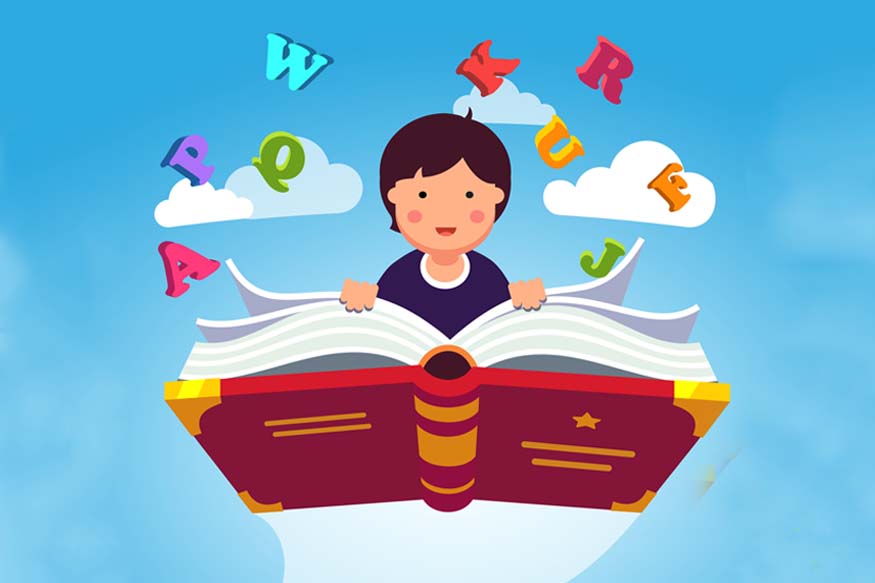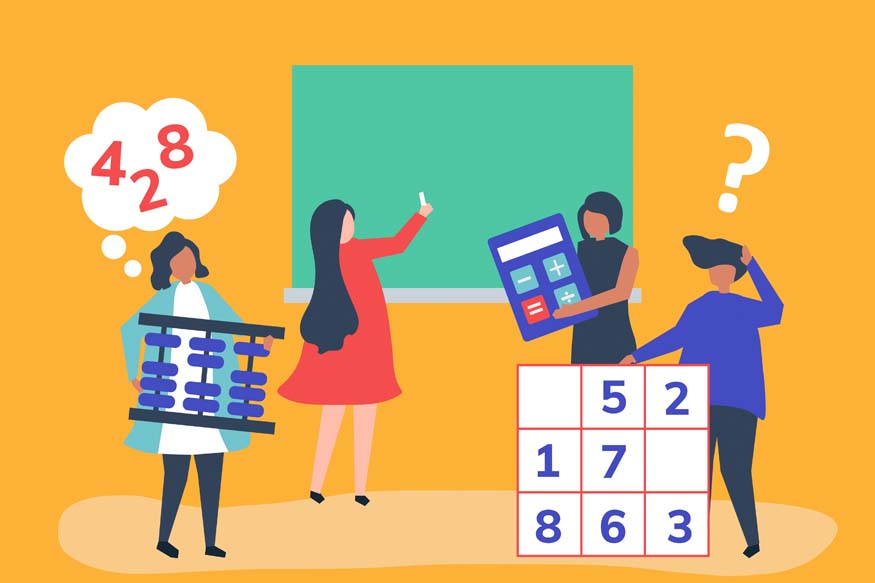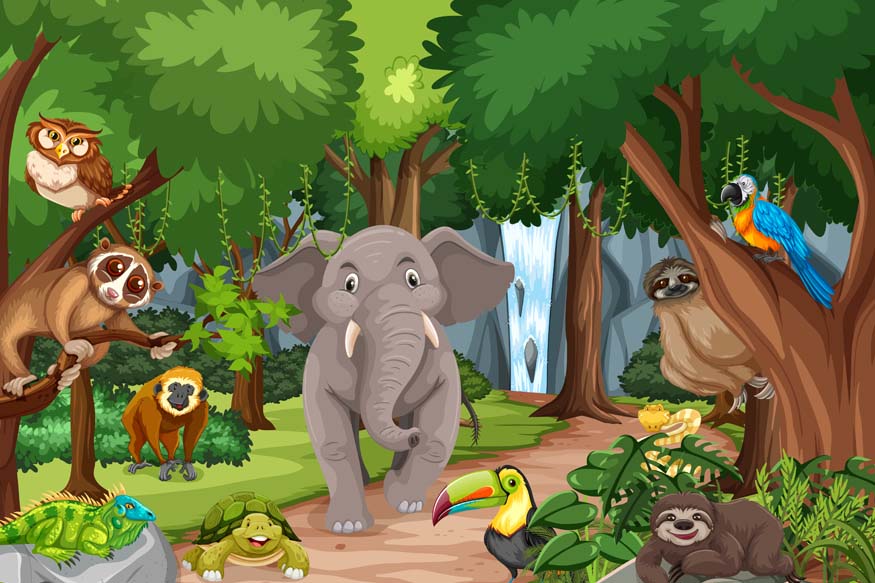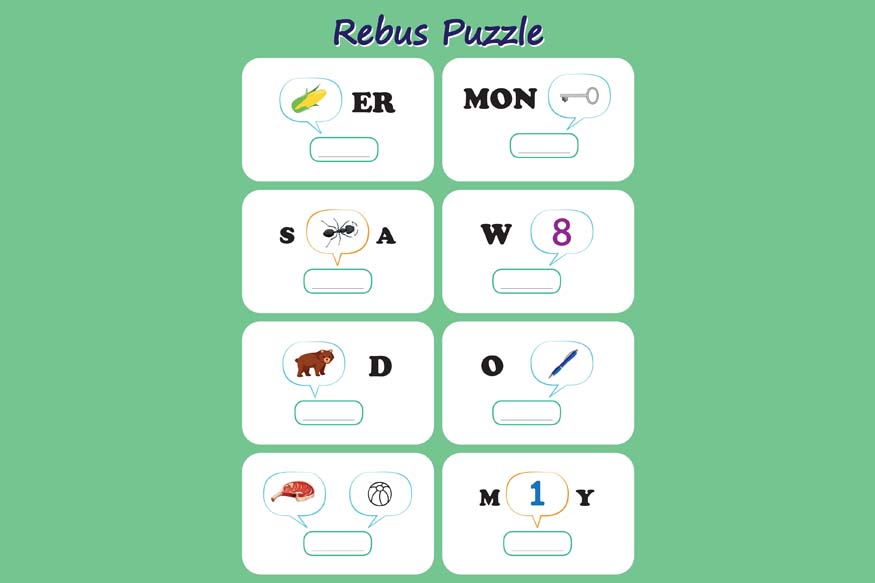Reading skills are the ability to understand, interpret and analyse written text. For children, these skills go beyond just recognising words including comprehension, critical thinking, and deeper engagement with the text. Key components of effective reading skills include phonemic awareness, vocabulary, fluency, and comprehension.
- Phonemic awareness
- Vocabulary
- Fluency
- Comprehension
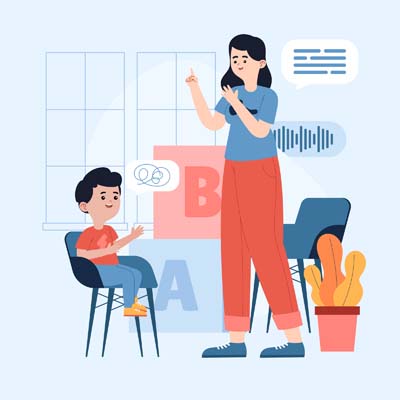
Phonemic awareness is the ability to hear and use the sounds (phonemes) in spoken words. It is crucial for reading because it helps children connect sounds to letters.
A strong vocabulary is vital for understanding reading material. The more words a reader knows, the easier it is to grasp and interact with the text. Building vocabulary means learning new words and their meanings.
Fluency is the ability to read smoothly and accurately, with the right expression. Fluent readers can concentrate on understanding the text instead of decoding each word. This skill improves with practice and regular reading.
Comprehension is the main goal of reading. It means understanding the text’s meaning, linking it to what one already knows, and analysing the information. Strong comprehension skills help readers gain insights, form opinions, and connect with the text in a meaningful way.
Importance of Reading
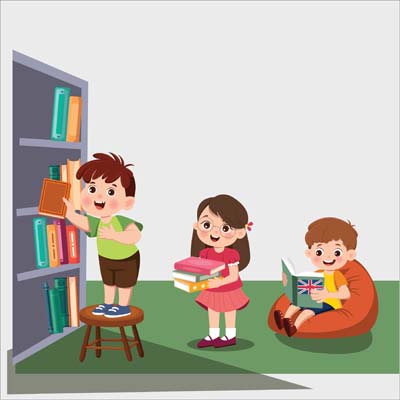
Reading is an essential skill that plays a pivotal role in education and personal development. Being able to read effectively is not just about deciphering words on a page. It is a cognitive process that contributes to understanding and interpreting information. Building strong reading skills is important for success in various aspects of life. The importance of reading cannot be overstated. Reading is a gateway to knowledge, personal development, and success in various domains of life. Here are some key reasons why developing strong reading skills is essential:
- Academic success
- Cognitive growth
- Language skills
- Emotional and social growth
- Continuous learning
- Types of reading skills
- Basic reading skills
- Advanced reading skills
Reading is fundamental to academic success. Students with good reading skills can better understand their subjects and participate in class. Those who have good reading proficiency tend to get higher grades, perform better on tests, and achieve more academically.
Reading boosts brain activity and improves thinking skills. It helps with critical thinking, problem-solving, and remembering information. Reading also strengthens memory and focus, which are important for learning and mental development.
Reading helps develop language by introducing new words, phrases, and grammar. It builds vocabulary and improves understanding of how language works. This leads to better communication and the ability to express thoughts clearly.
Reading positively impacts emotional and social growth. It allows readers to see different viewpoints, cultures, and experiences. Through reading, people can develop empathy, appreciate diverse opinions, and strengthen their relationships.
Reading is a skill for life that encourages ongoing learning and personal development. It helps people stay updated, broaden their knowledge, and adjust to new information and changes. Those who read regularly are often more curious and open to new ideas.
There are different reading skills that readers must develop to become skilled. These skills can be divided into two main categories: basic reading skills and advanced reading skills.
These are essential skills that include decoding, phonemic awareness, and vocabulary. Basic reading skills are crucial for young readers and those who are learning to read. It involves recognising words, understanding their meanings, and reading accurately.
These skills have slightly more complex requirements, such as comprehension, critical thinking, and analysis. Advanced reading skills are important for tasks like gathering information, research, and academic study. These skills help readers understand and interpret difficult texts, assess arguments, and combine information from various sources.
Strategies for developing reading skills in kids
- Begin early
- Make a reading-friendly space
- Encourage daily reading
- Provide varied reading options
- Practice reading aloud
Promote reading from a young age. Reading to kids and giving them access to books can help them develop a love for reading and build strong reading skills.
Make reading a part of daily life by creating a reading-friendly environment at home and school. Set up quiet and cosy areas for reading, and provide a mix of materials like books, magazines, and newspapers.
Regular practice is essential for improving reading skills. Set aside specific times each day for reading, whether as a family activity or personal quiet time.
Introduce readers to different genres and subjects to keep their interest alive. Offer a mix of fiction, non-fiction, poetry, and informational texts to suit various tastes.
Reading out loud can enhance fluency and understanding. It helps readers hear the natural flow of language, work on pronunciation, and connect more deeply with the text.
Strong reading skills are vital for success in school, personal development, and careers. Knowing what reading skills are and the various types is important for using effective methods to improve them. Reading is not just about grades; it also affects thinking, feelings, and social skills. By encouraging a love for reading and providing a supportive environment, we can help people of all ages become skilled readers and lifelong learners.

At Center Point School, we focus on developing young learners’ reading skills and giving them the resources and support they need to succeed. Our method includes offering a wide range of reading materials, engaging reading activities, and promoting a positive reading atmosphere. We believe every child can become a confident and excited reader. Our teachers are committed to helping each student grow their unique reading skills based on their needs and interests. We also involve parents in the reading process, providing tips and resources to help with reading at home. , Reading is more than just a skill; it is a gateway to knowledge, imagination, and lifelong learning.

